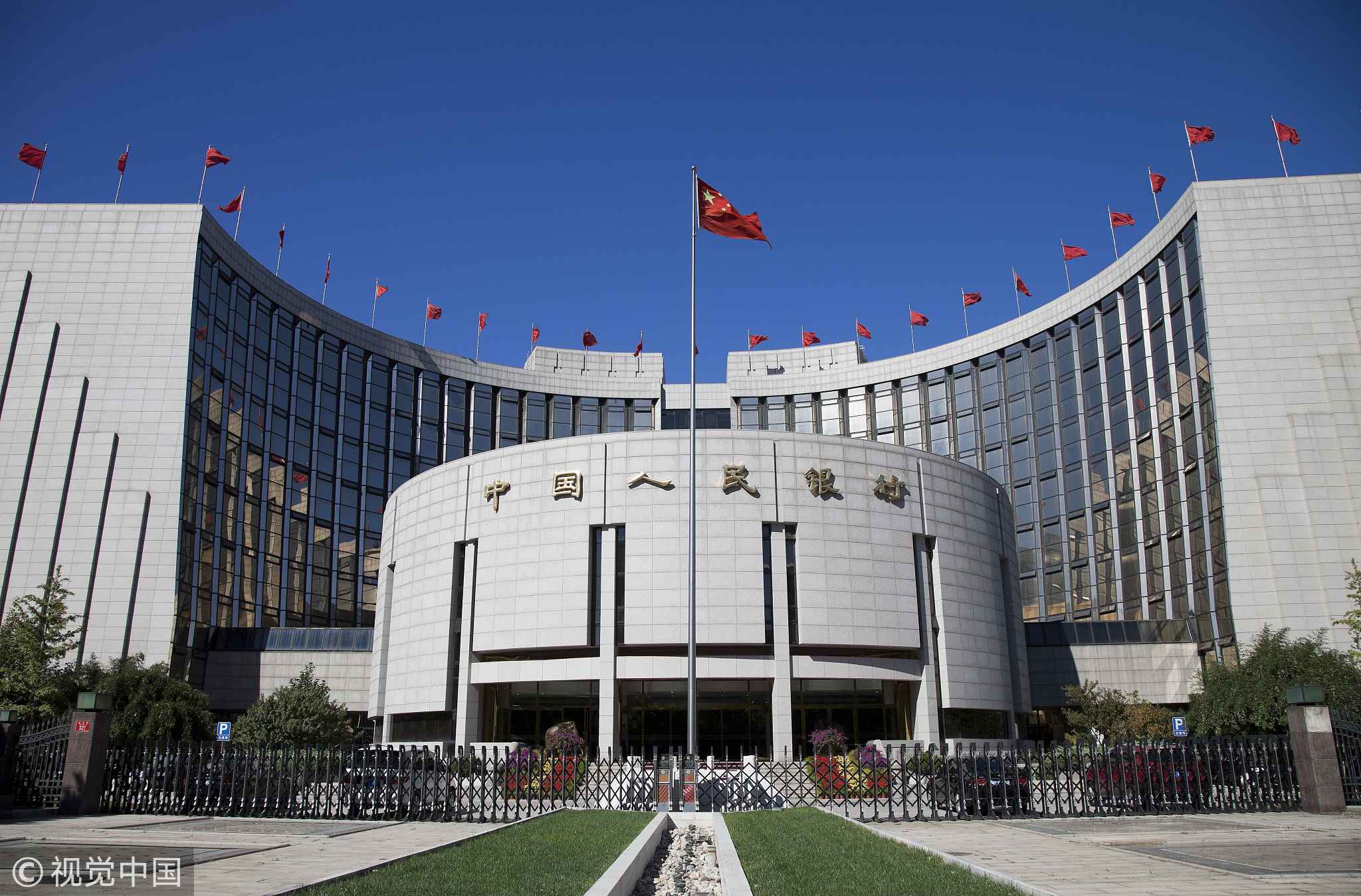
Opinions
14:56, 23-Nov-2018
Opinion: The U.S. has left other countries little choice than to move away from the dollar
Updated
14:32, 26-Nov-2018
Tom Fowdy

Editor's note: Tom Fowdy is a UK-based political analyst. The article reflects the author's views, and not necessarily those of CGTN.
Russia and China are working together on a bilateral agreement to boost the role of their own currencies in trade relations between them. The new payment, recently discussed by Prime Minister Dmitry Medvedev, aims at reducing the role of the U.S. dollar in transactions involving the two nations, as well as expanding access to each other's credit cards. As Moscow-Beijing economic relations continue to grow, they have been left with little choice. With the current administration in Washington abusing unilateral designations on an unprecedented scale through the power of the dollar, the agreement serves to ensure that the economic sovereignty of the two countries can be held intact as they make independent choices concerning development.
Since 1971 when Richard Nixon ended the convertibility of the U.S. dollar to gold, it has stood as the powerful currency in the world. It is the leading global reserve currency and the cornerstone of the financial and petroleum system, with an endless number of commodities, markets and countries closely linked to it. One may say that the U.S. dollar effectively micromanages the global economy.

Wall Steet sign in Lower Manhattan in New York City, U.S. /VCG Photo
Wall Steet sign in Lower Manhattan in New York City, U.S. /VCG Photo
But it's through this enormous influence that the U.S. dollar takes another form – unlike any other currency, it can be yielded as a political weapon. The overwhelming power of the dollar means that the United States gains the unilateral power to inflict serious economic damage on its opponents by cutting off market access to it. This comes via the form of “designations” set out by the U.S. Treasury, usually at the request of the current administration.
This carries a lot of weight. If a financial institution is designated, then it no longer has access to U.S dollars in its day-to-day transactions, financially hamstringing it. If something is blacklisted from the dollar, operators of other major currencies such as the yen, pound sterling, Australian dollar, Hong Kong dollar, and the Euro will also avoid it. Thus, even though it is a unilateral choice, one that others may not even agree with, a U.S. designation has the capability to single-handedly ruin businesses and banks.
While such a tool should really be used sparingly, what is problematic is that the current administration is abusing these designations on an industrial scale. For Trump, unilateral designations by the U.S. Treasury have become a quick fix, unaccountable and simple solution to everything. Such designations allow the president to bypass multilateral institutions and essentially force his will on others from the position of power. Thus, on Russia, the Democratic People's Republic of Korea (DPRK), China, Venezuela, Cuba, Iran and many more, scores and scores of designations have been utilized and dozens more threatened, even on allies, all of which have come regardless of how legitimate the grounds actually are.

The headquarters of the People's Bank of China in Beijing, China. /VCG Photo
The headquarters of the People's Bank of China in Beijing, China. /VCG Photo
This abuse of the dollar by the Trump administration is weakening its global appeal and leading some to look for alternative systems. For example, one may note how Europe has been setting up a new payment system to bypass U.S. unilateral sanctions on Iran. Thus, with similar motivations, Russia and China are seeking to create a new bilateral payment system that focuses on their own currencies.
There are good reasons to. Both Moscow and Beijing have been watching as their relations with Washington falter and they become increasing targets for economic warfare. If they are to succeed in building more prosperous ties with such other, such as through bilateral trade, energy, and finance for infrastructure development through the Belt and Road Initiative (BRI), then it is essential that Washington is prevented from interfering with this, as treasury designations can even make local business people and institutions reluctant. As a result, the ruble and the yuan mandate greater roles.
In this case, Washington's open abuse use of its currency on the global stage has left them both little choice, nations are now looking for alternatives. The new payment system between China and Russia will accelerate economic growth and initiative throughout Eurasia and help better integrate the economies of both countries.
(If you want to contribute and have specific expertise, please contact us at opinions@cgtn.com.)

SITEMAP
Copyright © 2018 CGTN. Beijing ICP prepared NO.16065310-3
Copyright © 2018 CGTN. Beijing ICP prepared NO.16065310-3